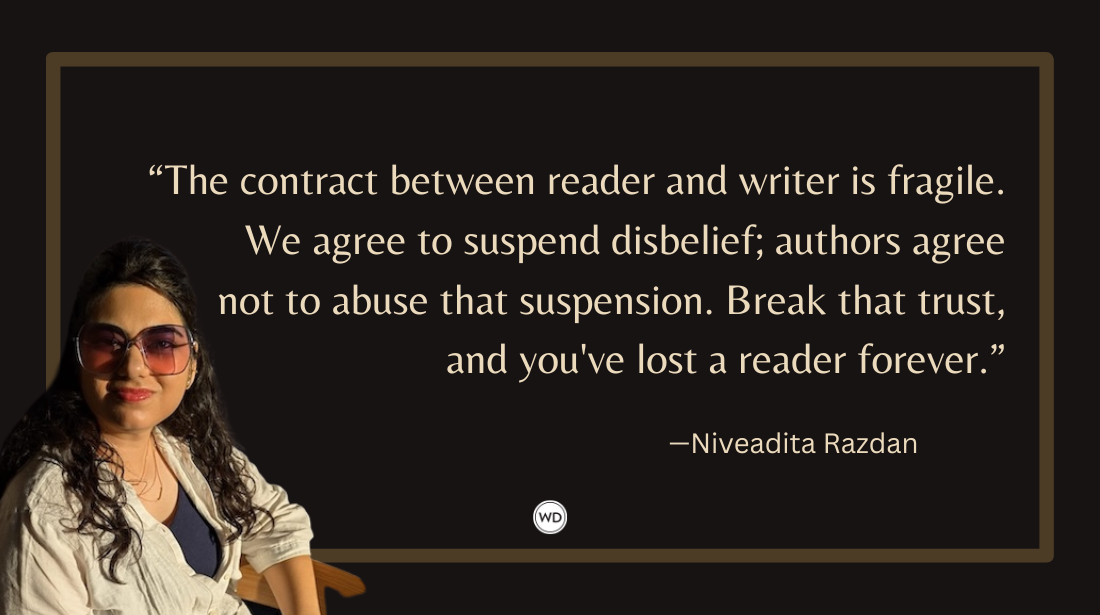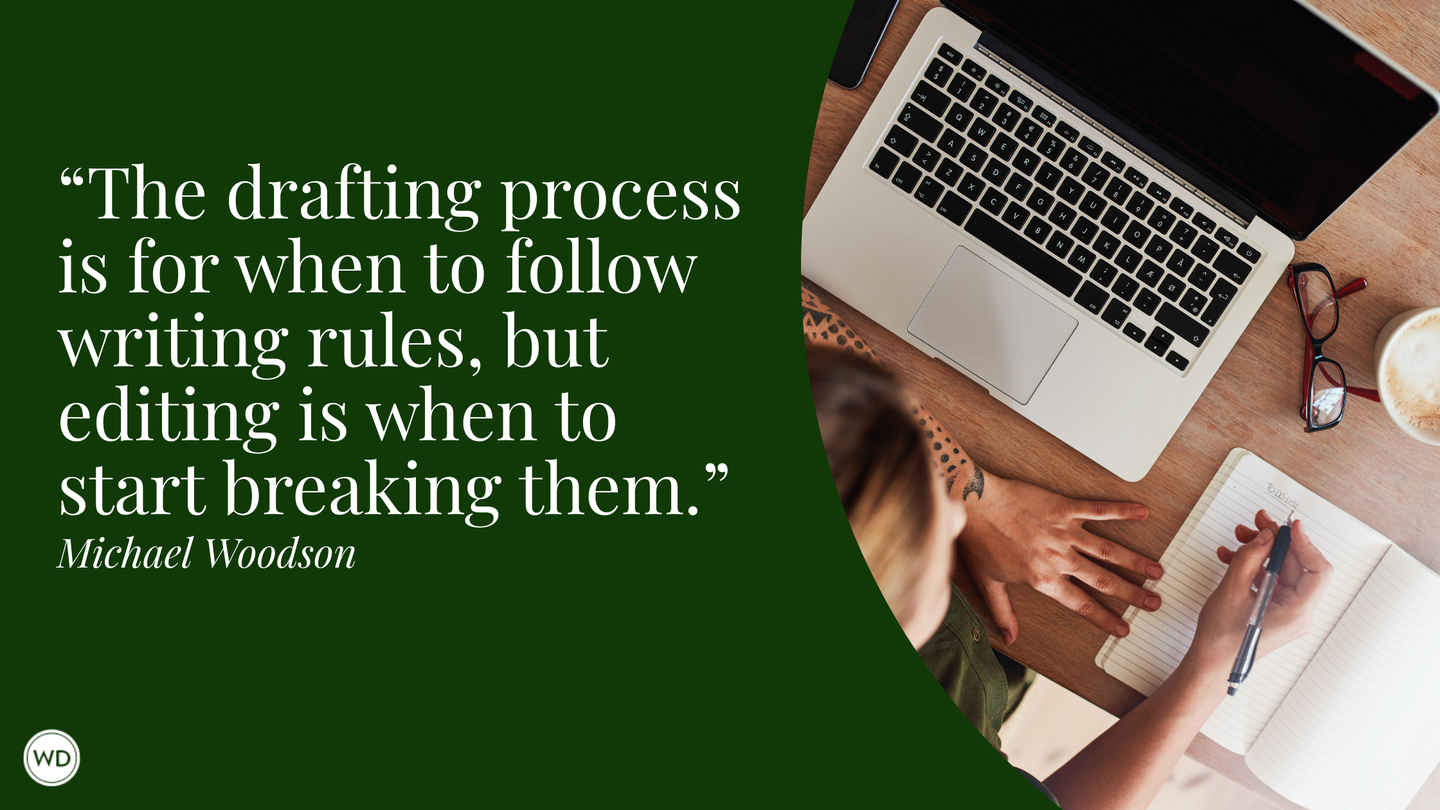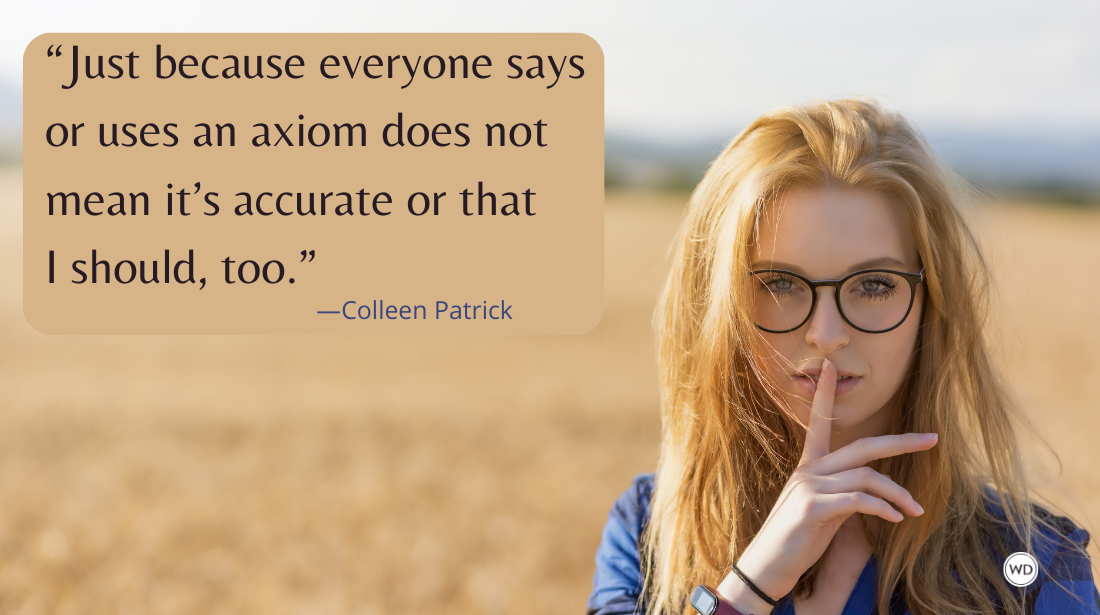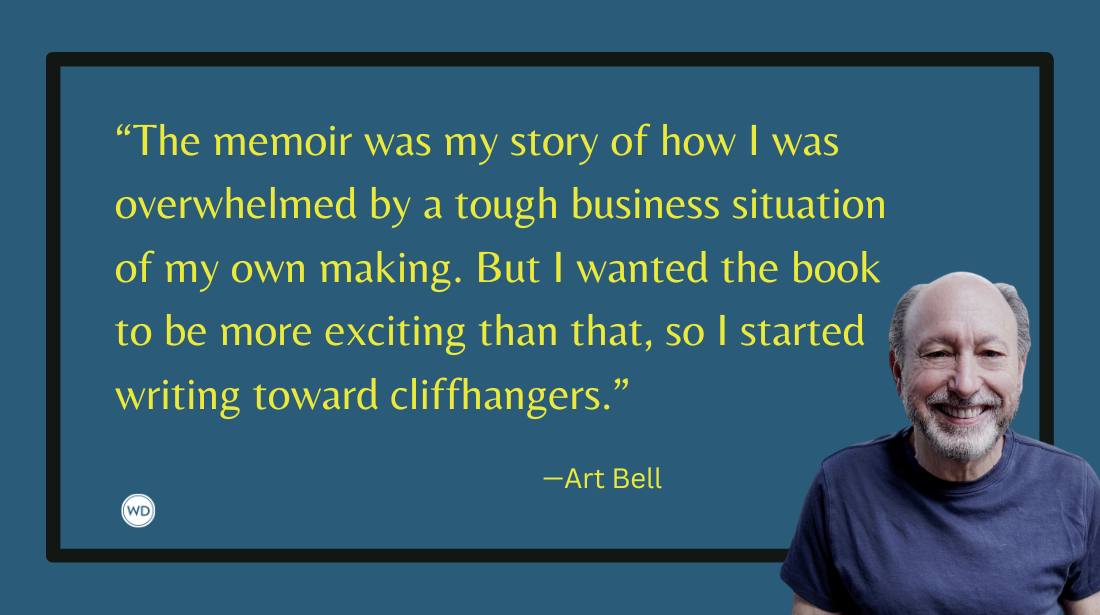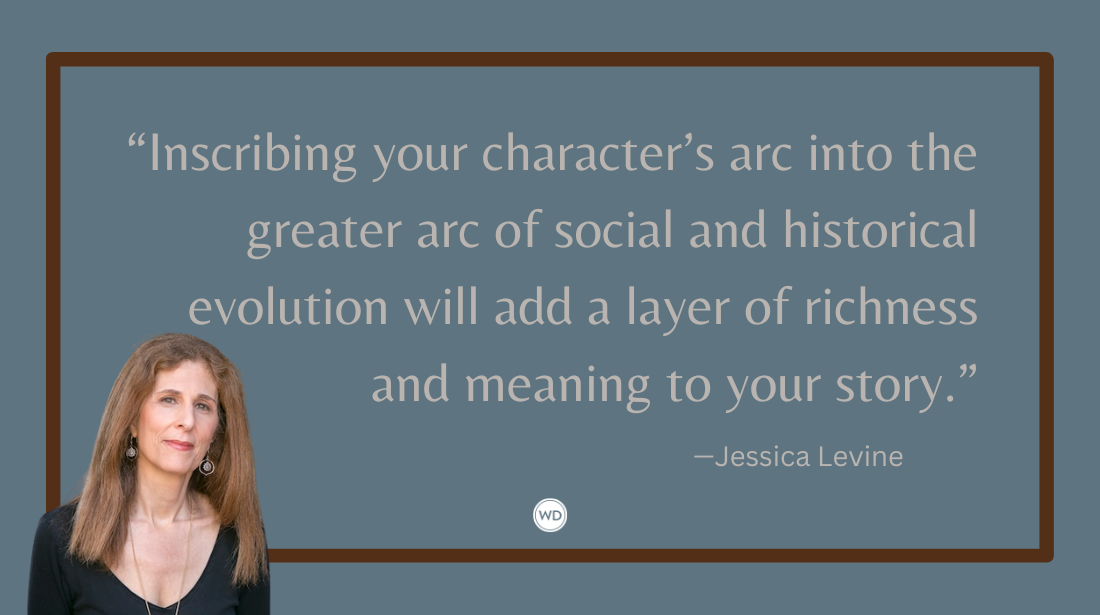Fire Lyte: On the Magic in the Writing Process
Fire Lyte discusses how he wrote his spiritual book, The Dabbler’s Guide to Witchcraft, and the magic that comes from the writing process.
For more than 10 years, Fire Lyte has interviewed self-identified witches, fairy experts, goblin hunters, paranormal investigators, and even a werewolf on his podcast Inciting A Riot. His thousands of listeners worldwide tune in as he examines magic, witchcraft, Paganism, and spiritual seekership through a diverse, inclusive lens with a balance of modern science, critical thought, and pop culture. He lives in the Chicago suburbs with his husband and vast array of fur children. Follow on on Twitter, Facebook, and Instagram.
In this post, Fire discusses how he wrote his spiritual book, The Dabbler’s Guide to Witchcraft, the magic that comes in the writing process, and more!
Name: Fire Lyte
Literary agent: Emily Sylvan Kim, Prospect Agency
Book title: The Dabbler’s Guide to Witchcraft
Publisher: Simon & Schuster / Tiller Press
Release date: September 28, 2021
Genre/category: Spirituality
Elevator pitch for the book: A guide for modern spiritual seekers who crave a balance of magic, science, and critical thinking.
IndieBound | Bookshop | Amazon
[WD uses affiliate links.]
What prompted you to write this book?
Most books about magic tend to focus on doing magic, and that makes sense, right? You pick up a book on magic because your ex-boyfriend cheated on you and you want to turn him into a toad, or you’re on a job hunt and want to hurry things along. You pick up a book on magic to do magic, but there is a whole community out there of people also doing magic—or, sometimes, claiming to do magic—and we rarely shift the spotlight to them. The community itself. The culture of modern magical seeking.
This book focuses on modern witches, the beginning dabbler, folk practitioners, cultural carriers of spiritual traditions, and the intersection where they meet. It also discusses topics often left off the page, like the fact that there are frauds in our midst trying to charm the gullible out of their money or time, or what in the world Unverified Personal Gnosis is and how reliable it is as a source.
I was also very aware that the modern spiritual seeker is typically on their spiritual journey, because they want to build a spiritual life but not at the cost of what is important to them politically or socially. A modern mystic doesn’t eschew science and psychology, but embraces them. I wanted a book that welcomed those people—skeptics and dabblers alike—into the magical community.
How long did it take to go from idea to publication? And did the idea change during the process?
I was able to write the first draft in about four months, but from first sentence to final edit was around a year. In many ways this book has lived in my notes app for a very long time. I’ve hosted a podcast called Inciting A Riot since 2009 that has had many of these types of conversations, and every time I thought an idea belonged in a book I stuck it in my notes app. I’ve written bits and pieces that I was able to draw from and rework as needed, but the original idea remained the same throughout the writing process. Though, admittedly, it got much more refined thanks to my amazing editor.
Were there any surprises or learning moments in the publishing process for this title?
How very, very slow everything is, and then, suddenly, how very, very fast it all gets. The writing process is often lonely, exacerbated by the fact that this book was written while in quarantine during the COVID-19 pandemic. All the normal processes of meeting one’s team or going to an in-person writing group or even just having a spur of the moment meet-up with a red pen and a cup of coffee to go over edits didn’t happen. But, I had a wonderful team who made sure I felt seen and heard every step of the way.
Were there any surprises in the writing process for this book?
Every now and then, when you get into a groove and the words are flowing, a line will leap out of you that stops you in your tracks. You think…did I just write that? It’s not about being impressed with yourself, rather it’s about finding out how you truly feel on a given subject. The process itself puts you into a very vulnerable place no matter what the topic. It’s therapy.
What do you hope readers will get out of your book?
I hope that no matter their spiritual beliefs, or lack thereof, that they come away from the book with a little spark of magic as well as the surety that they can craft a life fit for themselves where they chose every part of it. (And, also, that they can now think deeply and critically about why they chose it.)
If you could share one piece of advice with other authors, what would it be?
Make friends with other, better authors. Make friends with people farther along in their career. Listen to them. Let them read your work. Take their notes and get less precious with your work. Your book will be better in the end if you can step away and look at it objectively through the eyes of people who care about you, want it to be good, and know how to get it there.
And, you know, they can also help you with the business piece of this industry. It is a business, after all, and if it’s your first book there are all sorts of things about contracts and author’s rights that you won’t know unless you happened to have had a previous life as an attorney.
Robert Lee Brewer is Senior Editor of Writer's Digest, which includes managing the content on WritersDigest.com and programming virtual conferences. He's the author of 40 Plot Twist Prompts for Writers: Writing Ideas for Bending Stories in New Directions, The Complete Guide of Poetic Forms: 100+ Poetic Form Definitions and Examples for Poets, Poem-a-Day: 365 Poetry Writing Prompts for a Year of Poeming, and more. Also, he's the editor of Writer's Market, Poet's Market, and Guide to Literary Agents. Follow him on Twitter @robertleebrewer.



